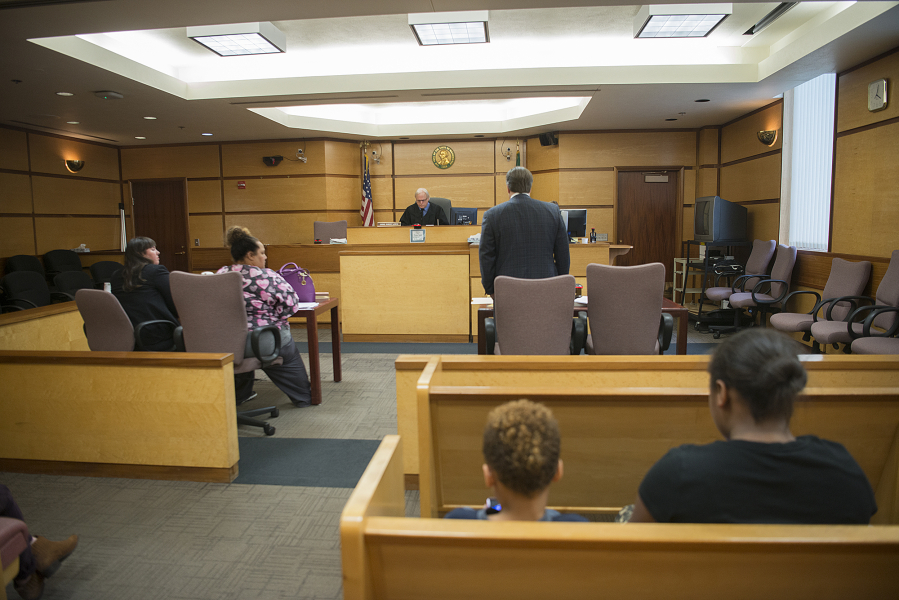How to Protect Your Right to the Security Deposit
How to Protect Your Right to the Security Deposit
As a landlord, you may be entitled to keep a portion of your tenant’s security deposit for reasons such as a breach of lease or damage caused to the apartment. However, if you do not follow your state, county, and city security deposit laws exactly, you may be forced to return the security deposit you are rightfully owed. Here are some steps to take to help you protect your right to the security deposit.
Put it in Writing
All information regarding the security deposit basics should be included as a provision in your lease agreement. It should include:
- The amount of the security deposit received.
- The fact that it is a refundable deposit if the tenant abides by all terms of the lease.
- That it will be stored according to your state, county and/or city’s procedures for security deposits. For example; It will be placed in a separate interest-bearing bank account. The bank’s name is “X,” the bank’s address is “X,” and the interest rate is “X” percent.
- You will also want to include reasons you, the landlord, may be legally allowed to keep a tenant’s security deposit, such as damage done to the property in excess of normal wear and tear and nonpayment of rent. Legal reasons you may be allowed to keep a tenant’s deposit will vary based on the state, county, and city where your rental property is located.
Take Pictures of the Property, Inside and Out, Before the Tenant Moves In
Print out the pictures. When the tenant moves in, have them sign and date the back of each picture to acknowledge the condition of the property upon move in.
Have a Move-In Walk-Through With the Tenant and Have Them Sign a Move in Checklist
In addition to having the tenant sign and date the pictures showing the condition of the property, you will want to walk the tenant through the property. Turn on the stove, open the freezer, open, close, and lock the windows, run the faucets, and flush the toilets.
Your move-in checklist should include the items in the apartment and their condition. Some examples would be:
- Stove in working order
- All outlet covers in place
- All windows lock
- Screens on all windows
- Refrigerator in working order
- Freezer in working order
- Two smoke detectors
- Two carbon monoxide detectors
- Smoke detectors in working order
- Carbon monoxide detectors in working order
As the tenant approves each item, place a checkmark next to it. Then have the tenant sign and date the bottom of the form acknowledging their agreement that the property is in good, habitable condition. If there are any known defects, such as a large scratch in the hardwood floor in the living room, they should be noted here.
Notify the tenant in writing after they move in
Notify the tenant in writing within “X” number of days of their move-in date (as determined by your state; usually between 14 and 30 days) of the name of the bank, the address of the bank, and the interest rate at which their security deposit is being held (if applicable in your state).
Notify the tenant of the annual interest accumulated on their security deposit (if applicable in your state).
Before the tenant moves out, give them a list of move-out procedures.
For example, they should remove all trash, leave the property broom swept clean and should return the keys to you, the property manager or the building superintendent.
Take Pictures of the Property After the Tenant Moves Out
Sign and date these pictures. Make a note of any damage done to the property.
Notify the Tenant in Writing After They Move Out
Send the tenant a letter within “X” amount of days of their move-out (as determined by your state law). Return the applicable amount of security deposit to the tenant. If you have kept any or the entire security deposit, you must give an itemized list of expenses explaining why you have kept the money. If the tenant has not provided you with a forwarding address within 30 days of move-out, you may not be legally obligated to return the security deposit.
Realize That Your Tenant Does Have the Ability to Contest Any Money You Have Kept
The tenant can file a claim in small claims court to try and recover the money. If you have not followed the laws of your state, county, or city exactly, they may be able to take back the security deposit, even if you were otherwise entitled to keep it. For example, in some states, if you did not notify a tenant in writing as to the bank name, address, and interest rate at which their security deposit was held, you may not be allowed to keep any money owed to you.
Tags: Eviction Information, Landlord Information, Security Deposits





 Tenant or Licensee?
Tenant or Licensee?
 From July 1, Florida Supreme Court justices with permanent homes outside Leon County will be able to request a district court of appeal courthouse, county courthouse or other facility as their official headquarters, under
From July 1, Florida Supreme Court justices with permanent homes outside Leon County will be able to request a district court of appeal courthouse, county courthouse or other facility as their official headquarters, under 
 Disputes between landlords and tenants often arise over issues such as the length of the lease, the amount of rent to be paid, maintenance, repair and replacement obligations, size of the space to be provided, and what services are to be delivered. Challenges can also surface as a result of corollary issues such as renewal and purchase options, rights of first refusal and accommodations required by lenders. NationalEvictions has the top attorneys with extensive experience in representing both landlords and tenants of Residential, Commercial and Industrial properties.
Disputes between landlords and tenants often arise over issues such as the length of the lease, the amount of rent to be paid, maintenance, repair and replacement obligations, size of the space to be provided, and what services are to be delivered. Challenges can also surface as a result of corollary issues such as renewal and purchase options, rights of first refusal and accommodations required by lenders. NationalEvictions has the top attorneys with extensive experience in representing both landlords and tenants of Residential, Commercial and Industrial properties.










